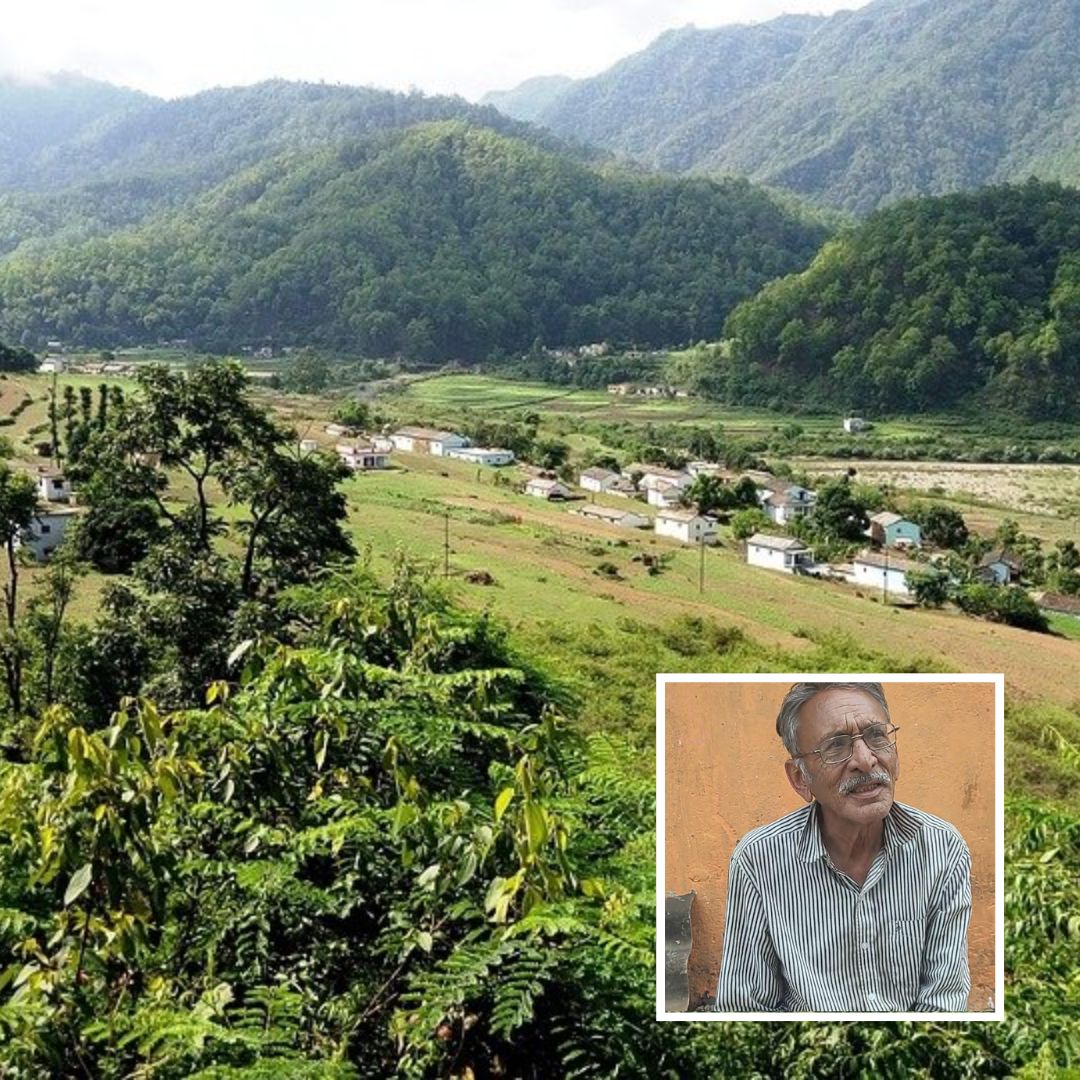
Picture Credit: Dayanand, Pixabay (Representational)
'None Are 10th Pass Here,' Education 50-Km Away From Bengaluru Is Not Accessible
Karnataka, 16 Jun 2022 3:44 AM GMT | Updated 16 Jun 2022 3:52 AM GMT
Editor : Snehadri Sarkar |
While he is a massive sports fanatic, his interest also lies in mainstream news and nitpicking trending and less talked about everyday issues.
Creatives : Ronit Kumar Singh
A confident and reliable journalist who always desires to toss the unheard voices. I cover politics and governance extensively through stories.
Travelled and living in many parts of the country, Hakki Pikki is a semi-nomadic tribe living on the margins of Bengaluru. The members of the tribal group face extreme challenges for livelihood.
The Hakki Pikki are a semi-nomadic tribal group now living on the margins of Bengaluru, Hassan, and Mysuru. The tribal group has lived in many forests of the country and was well-known for fishing activities till the Forest Act came into existence. As part of the rehabilitation drive-by Karnataka government in the late-1950s, they were brought out of their forest billets. They were given land to settle on the edges of Bengaluru and other cities.
Many directors have captured the Hakki Pikki tribe through their lenses- My Bangalore: Portraits from Hakki Pikki Colony by Pankaj Gupta and Sikkidre Shikari Illdidre Bhikari by Madhu Bhushan and Vinod Raja. The tribe has many interesting cultural practices like name, place, animal, and things. The parents of this tribal community keep the name of their newborn by whatever name, place, animal, or things come to their mind. A few kids from the Hakki Pikki tribe are Cycle Rani, Congress, Japan, Mysore Pak, and Deluxe.
Education Denied
Access to Education for the Hakki Pikki tribe is denied and not accessible. A member of the tribal group, Dayanand, said, "Education is hopeless here. None of the children belonging to this community has passed 10th standard." As a result, few are literate and eligible for employment in private and government sectors.
We Are Not Bonded Laborers
The people of the community lack skills, not intentionally. "We are identified as Scheduled Tribes by the government, and they also identify us as bonded labourers. With the ST tag, we get ration and other aids, but we also want our children to be educated."
He added that educational institutions are situated miles away from our locality, but no buses come here because there is no transportation infrastructure. The challenges faced by the semi-nomadic group become crucial as Education is the constitutional right of all children.
 All section
All section














